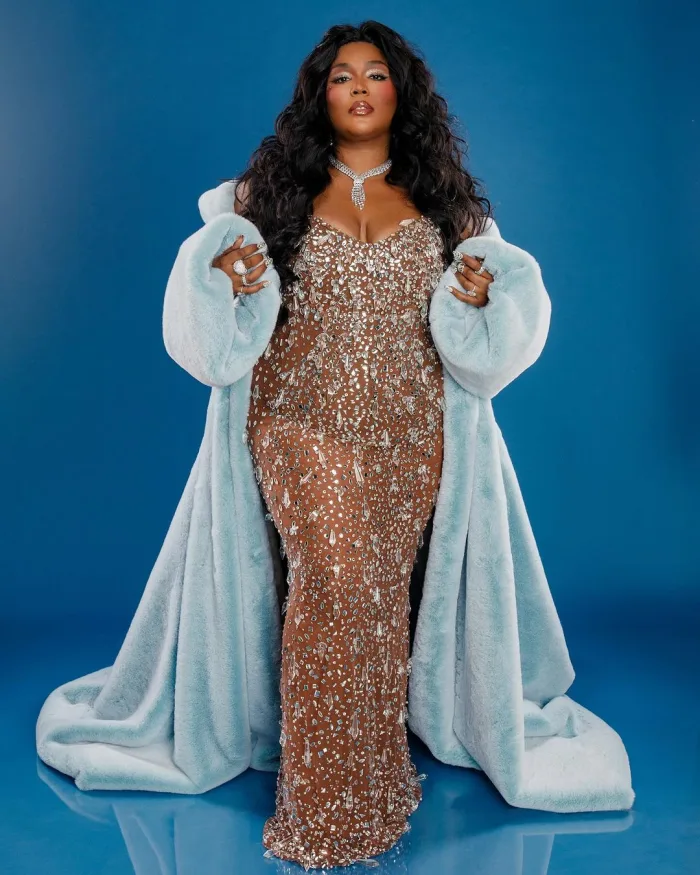Lizzo Faces Backlash After Saying She’s ‘Not Making Music for White People’
Note: This story was originally published in October 2022.
Grammy-winning artist Lizzo is speaking openly about the complicated realities of her crossover success—and the criticism that sometimes comes with it.
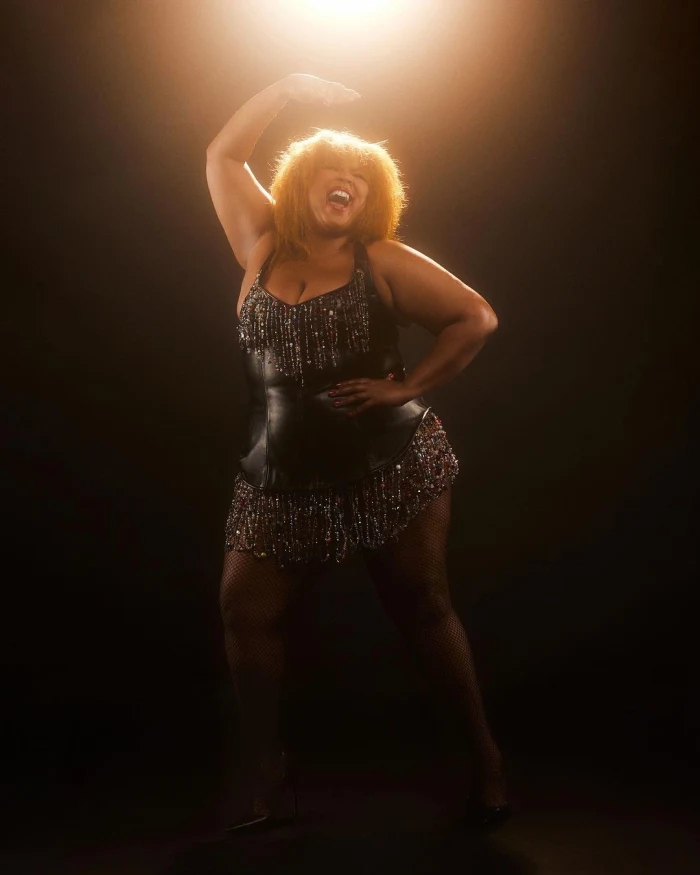
📸 Lizzo dancing while smiling
Photo Credit: lizzobeeating/Instagram
In an interview with Vanity Fair for its November 2022 cover story, the 34-year-old singer—born Melissa Viviane Jefferson—explained that her music isn’t written with a particular racial audience in mind. Instead, she creates from her own perspective as a Black woman, describing her songs as a form of healing.
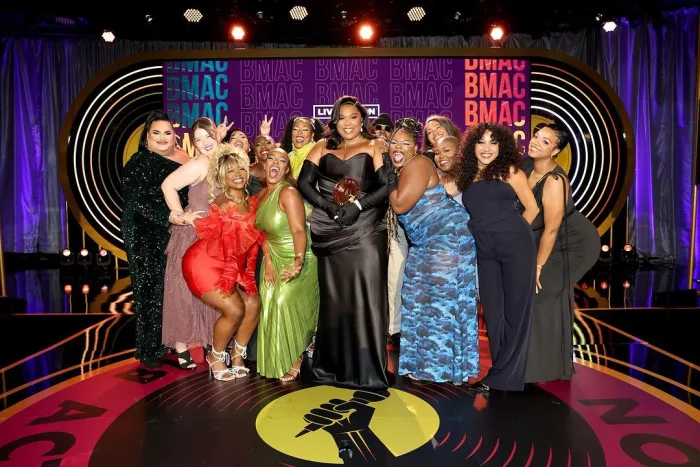
📸 Lizzo holding an award on stage with other women
Photo Credit: lizzobeeating/Instagram
Though her roots are in R&B, hip-hop, and gospel, Lizzo has become a pop powerhouse with hits like “Juice,” “Good As Hell,” and “About Damn Time.” Her mainstream breakthrough in 2019 with Cuz I Luv You brought her a wide and diverse fanbase—many of them white listeners. Still, Lizzo is clear: her music is made first and foremost for Black women.
“We need self-love and self-love anthems more than anybody,” she told Vanity Fair.
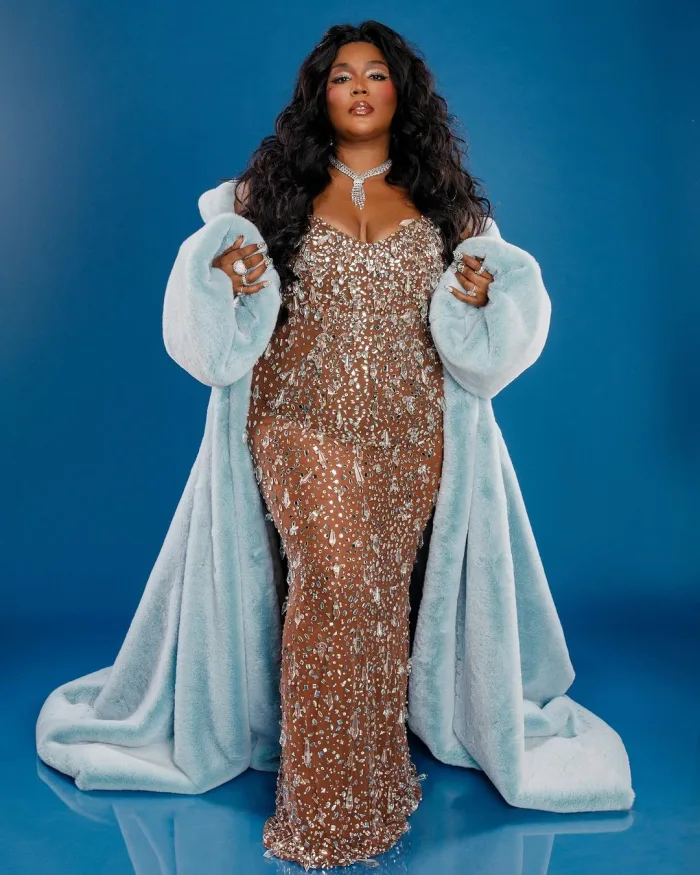
📸 Lizzo posing in an ornate outfit
Photo Credit: lizzobeeating/Instagram
Lizzo said she’s often puzzled by criticism that her music isn’t “Black enough,” pointing out that her lived experience makes everything she creates inherently tied to her identity.
The singer also reflected on the controversy that erupted when she played a 200-year-old crystal flute once owned by James Madison. For her, moments like this reveal how far America still has to go in treating Black women with respect. She added that progress requires accountability from those in positions of privilege.
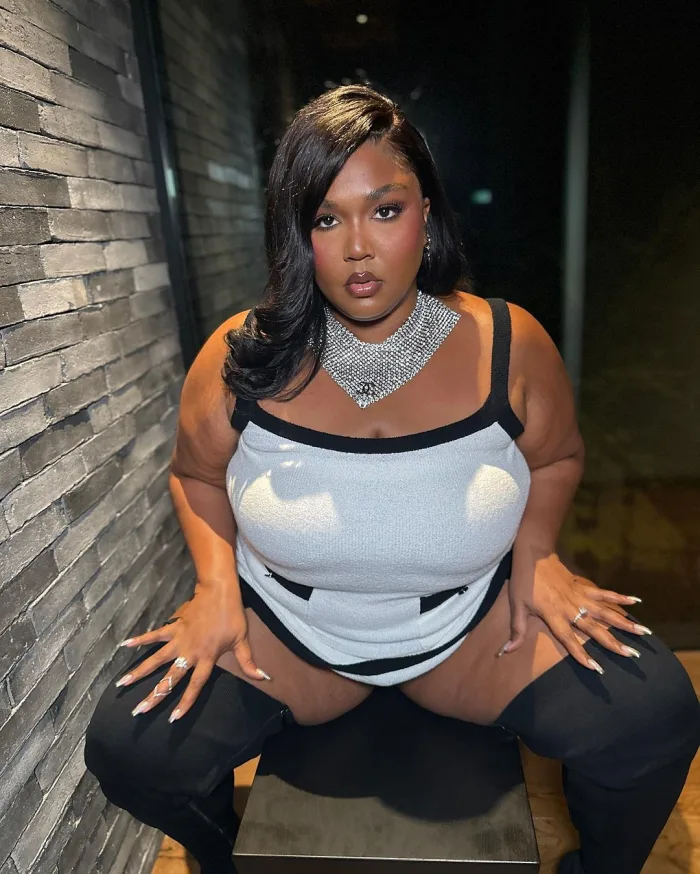
📸 Lizzo seated, posing for the camera
Photo Credit: lizzobeeating/Instagram
Her activism extends beyond music. Following the Supreme Court’s decision to overturn Roe v. Wade, Lizzo donated $500,000 to Planned Parenthood and the National Network of Abortion Funds. Her tour promoter, Live Nation, matched the donation. She called the ruling a reminder of how deeply race and white male supremacy shape U.S. politics.
A Larger Legacy
Lizzo’s message goes beyond chart-topping singles. By staying true to her roots, confronting criticism, and using her platform for activism, she has become a powerful voice in conversations around race, identity, and self-love.

